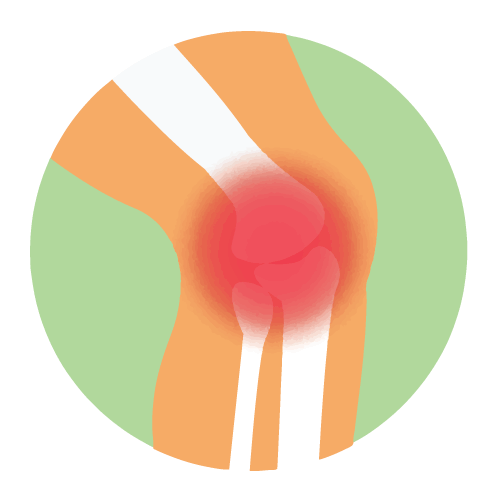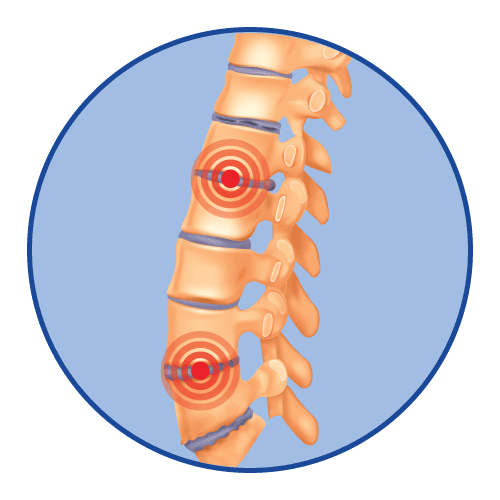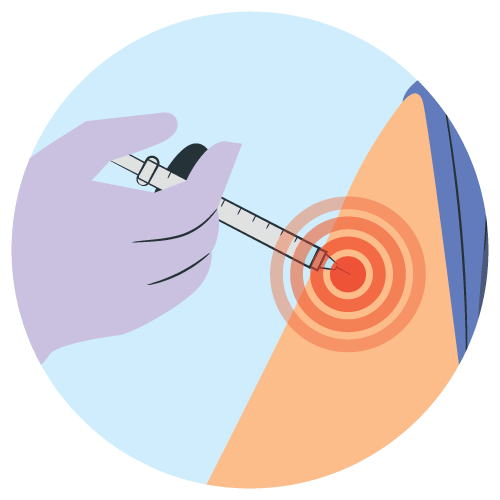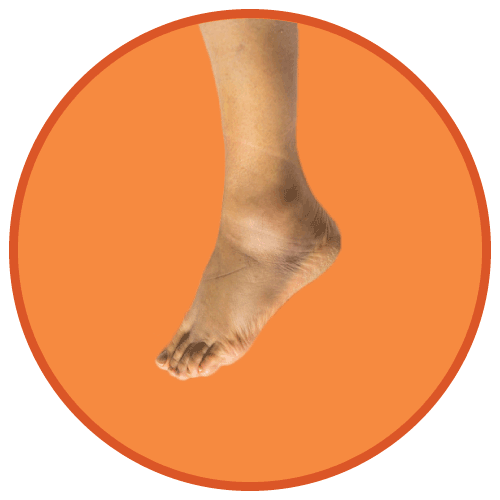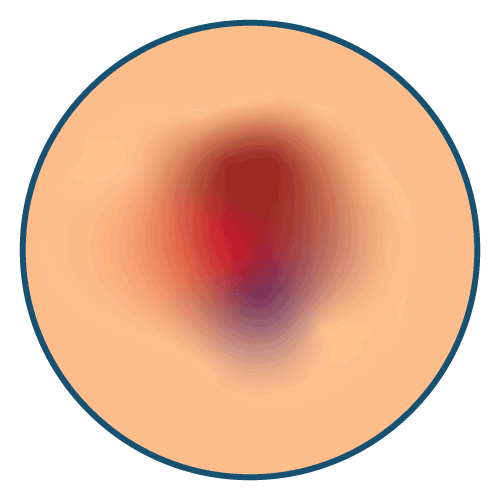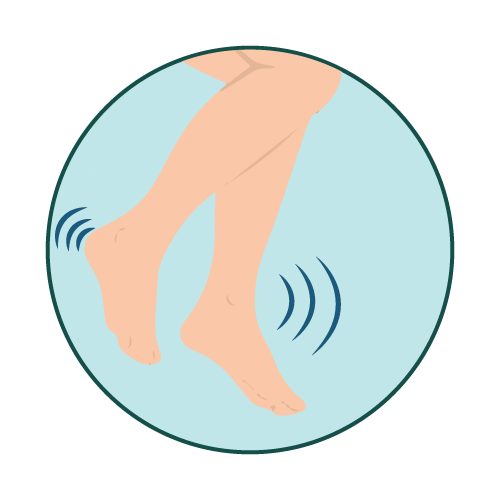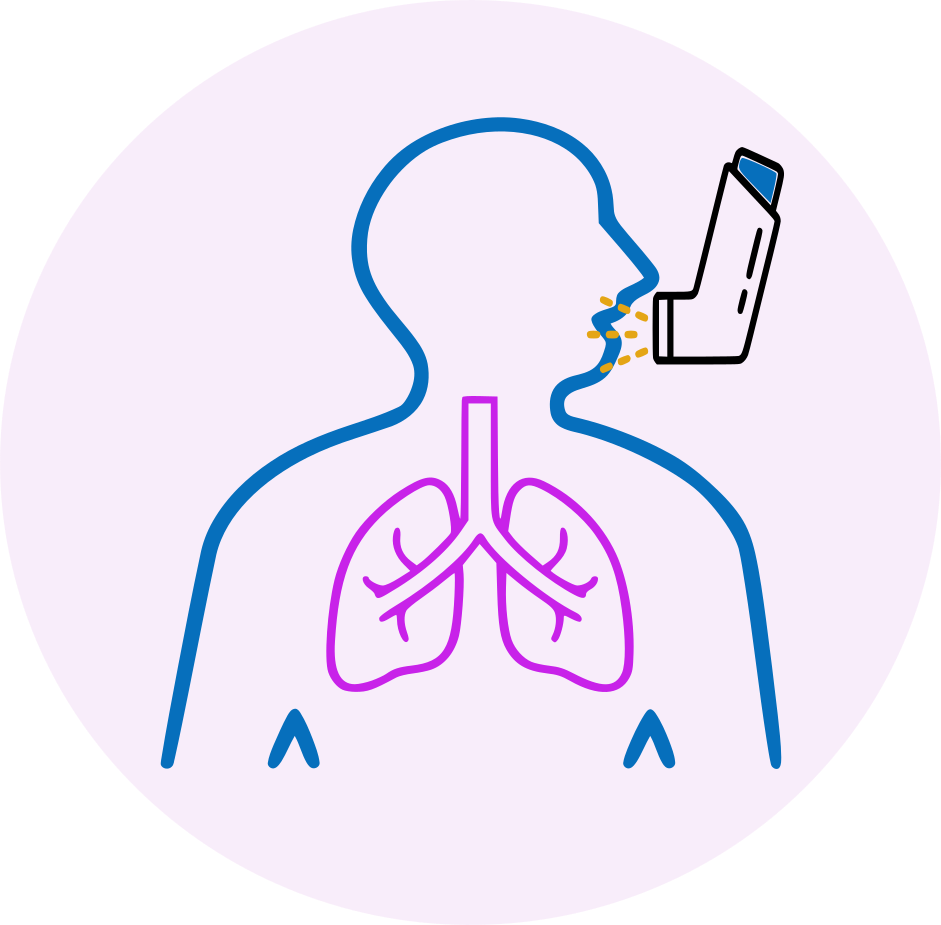| Name | Diclofenac + Lidocaine Hydrochloride |
| Classes |
Antirheumatic Antirheumatic Combination |
| Diseases |
Arthritis Bursitis Colic Frozen Shoulder Gout Inflammatory Disease Pain Tendonitis Trauma |
Diclofenac + Lidocaine Hydrochloride
Diclofenac + Lidocaine Hydrochloride is a combination medication that contains diclofenac, a nonsteroidal anti-inflammatory drug (NSAID), and lidocaine hydrochloride, a local anesthetic. Diclofenac works by inhibiting the production of prostaglandins, which are responsible for pain and inflammation. Lidocaine works by blocking nerve impulses in the affected area, which results in temporary numbness and pain relief.
This medication is indicated for the treatment of acute pain and inflammation associated with musculoskeletal and joint disorders, such as osteoarthritis, rheumatoid arthritis, and ankylosing spondylitis, bursitis.
- The recommended dosage for diclofenac + lidocaine hydrochloride depends on the individual patient's needs and medical condition. It is typically administered via injection into the affected joint or soft tissue. The frequency and duration of treatment should be determined by a healthcare provider.
- It is also available as gel which can be applied topically on the affected are depending on patients needs.
- Diclofenac + Lidocaine Hydrochloride should be used with caution in patients with a history of allergic reactions to any of the ingredients, bleeding disorders, heart disease, liver or kidney disease, and high blood pressure.
- This medication may interact with other drugs, so patients should inform their healthcare provider of any other medications or supplements they are taking.
- This medication should not be used during pregnancy, as it may harm the developing fetus. It is not recommended for use in breastfeeding mothers.
- Patients should avoid driving or operating heavy machinery until the effects of the medication are known, as it may cause dizziness or drowsiness.
Contraindication
Diclofenac + Lidocaine Hydrochloride is contraindicated in patients hypersensitive to diclofenac or lidocaine or any other component of the medication.
None known.
 Bangla
Bangla English
English